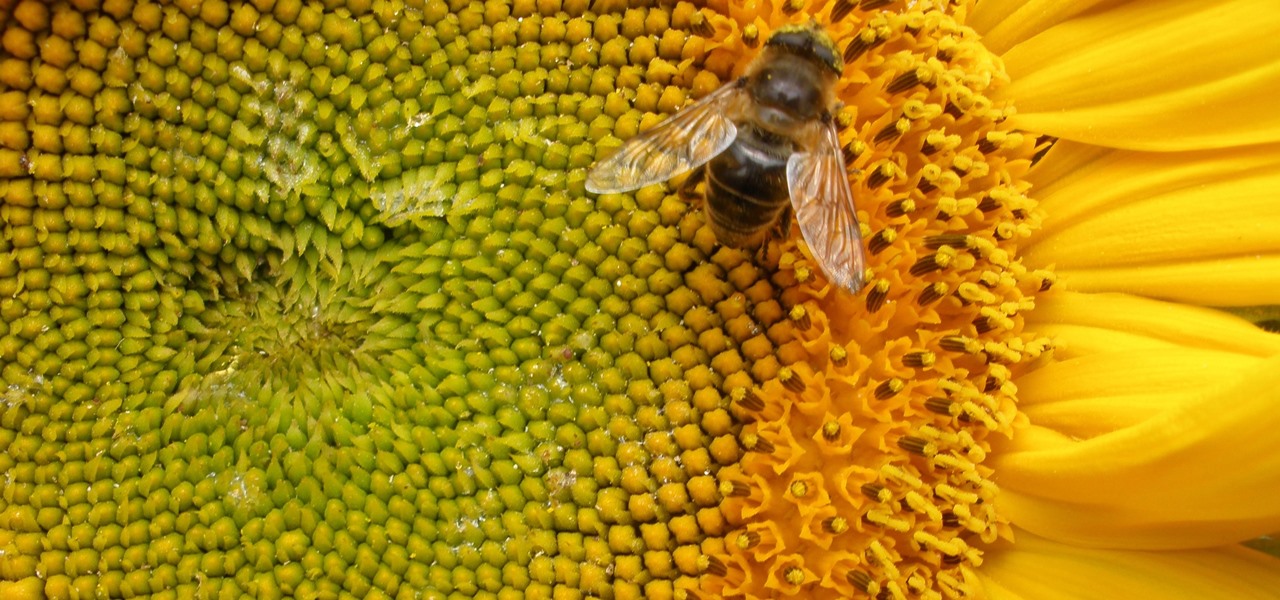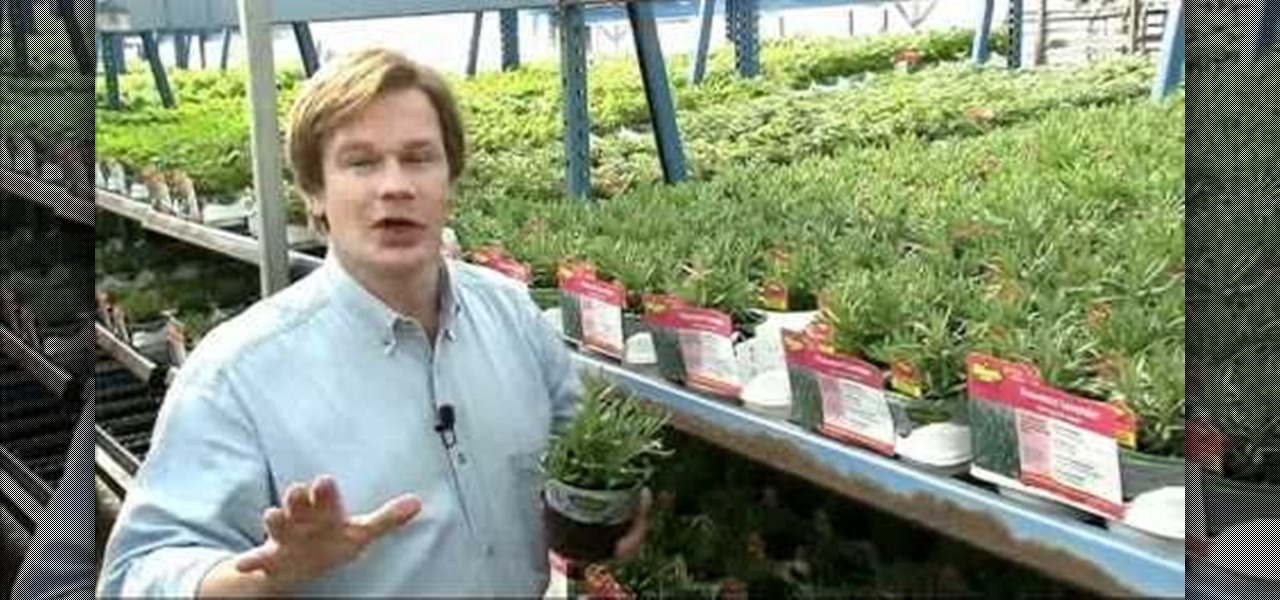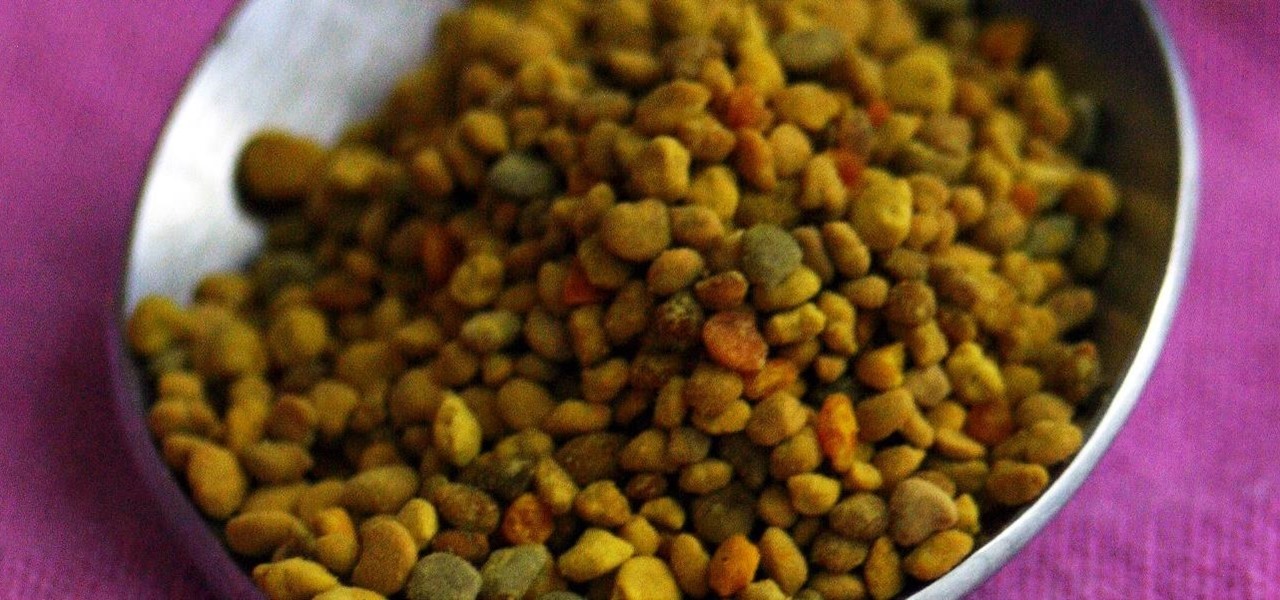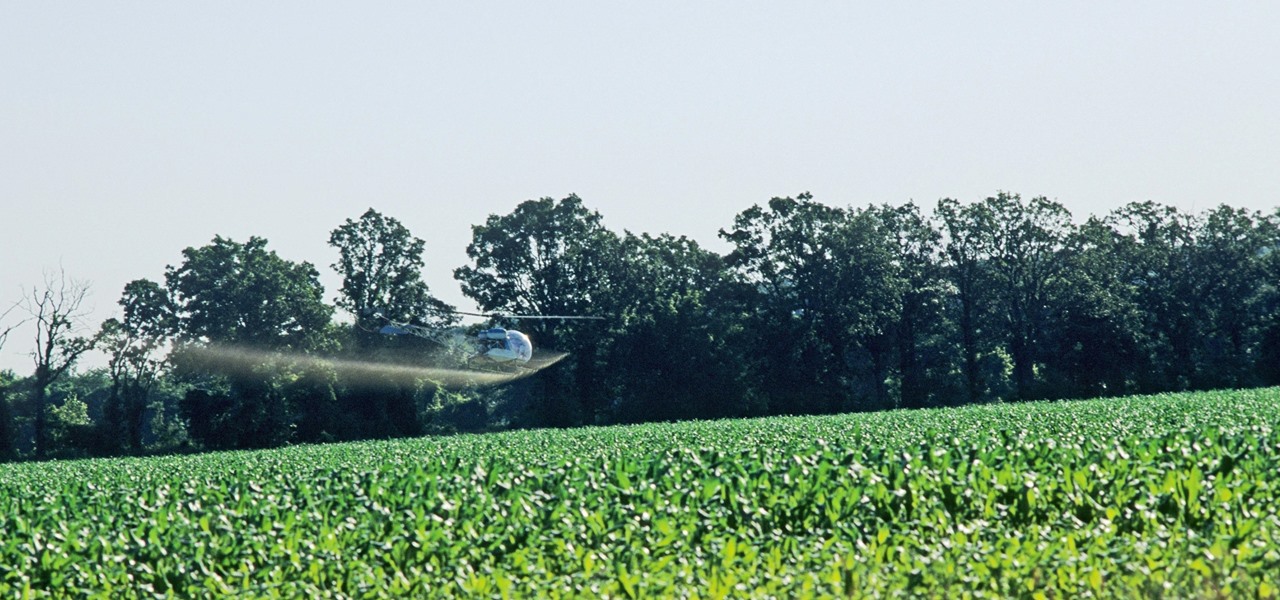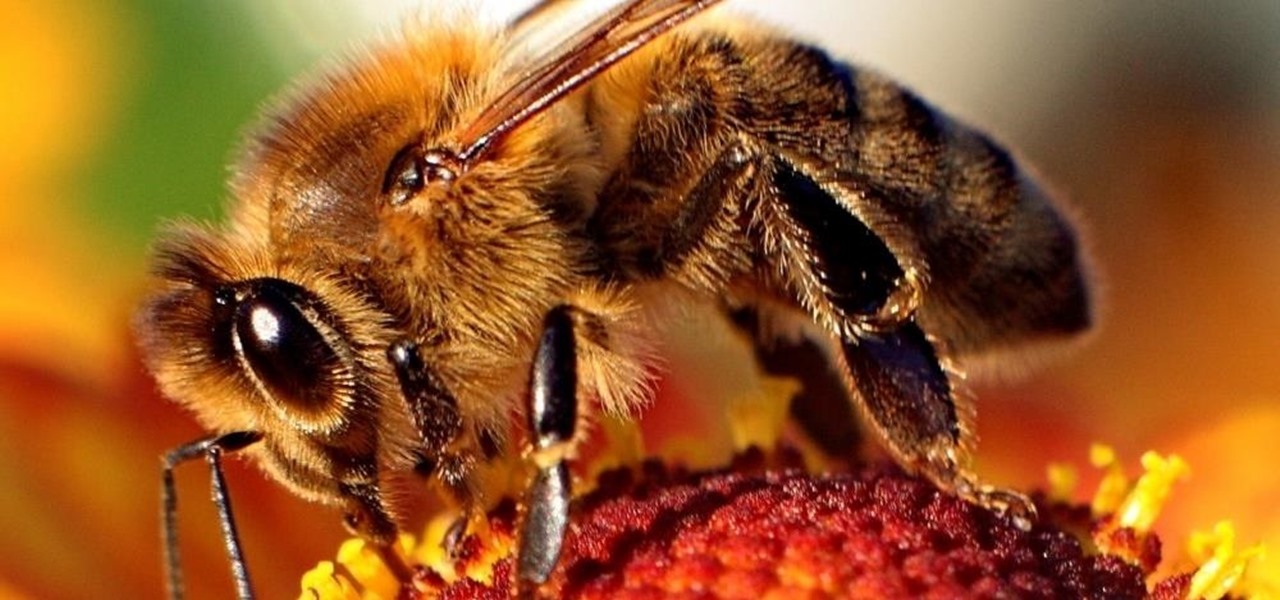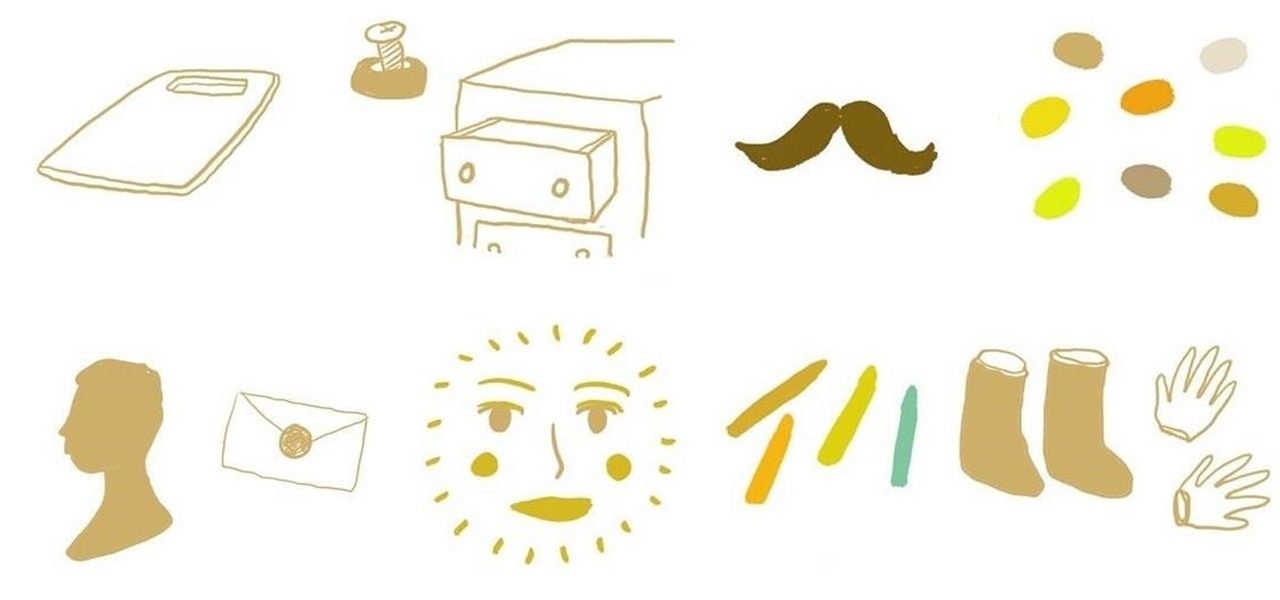
Love the taste of honey, but hate the price? The solution many people have turned to is amateur beekeeping, where you can have all the honey you want, for minimal startup costs and periodic maintenance. It's a little work, but if you're a honey nut, just as much as the honeybee, then you need to become a recreational beekeeper.
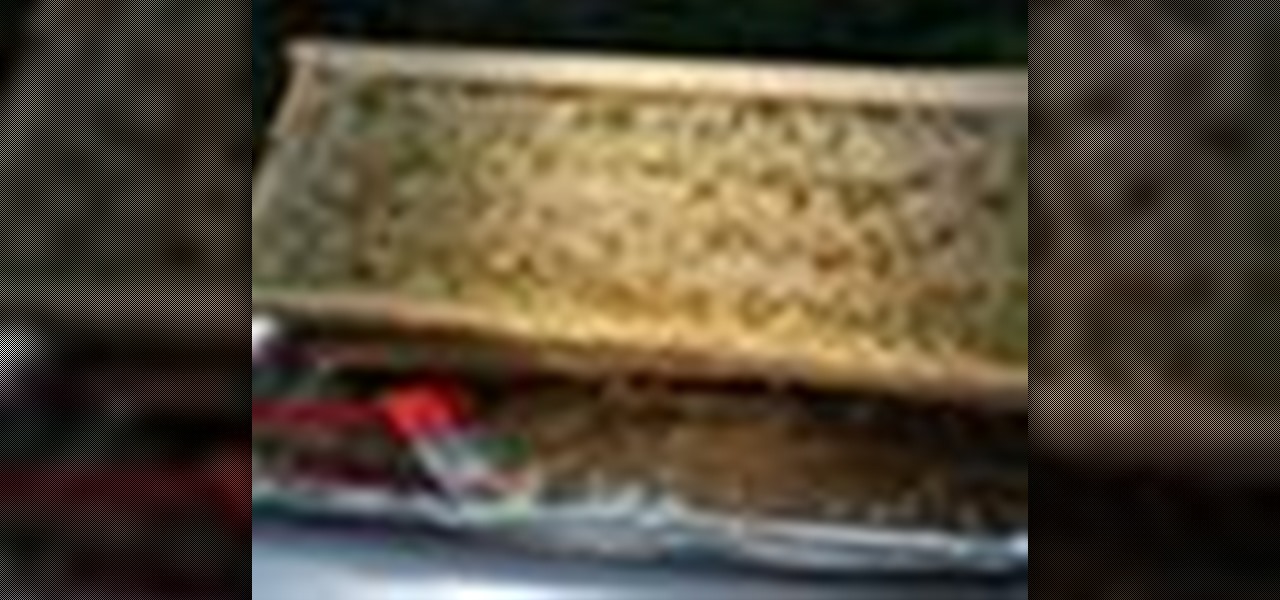
If you already have the skills for amateur beekeeping, as outlined in Mary Reilly's previous video, then it's time to start harvesting the honey from those honeybees. Mary shows the fruits of her busy hive and demonstrates honey extraction techniques. Mary and Kelsey Clark suit up in heavy-duty garb to sweep irritated bees from the hive frames. The comb on each frame is then raked to expose the honey. Then the frames are placed in an extractor that spins out the liquid gold using centrifugal ...
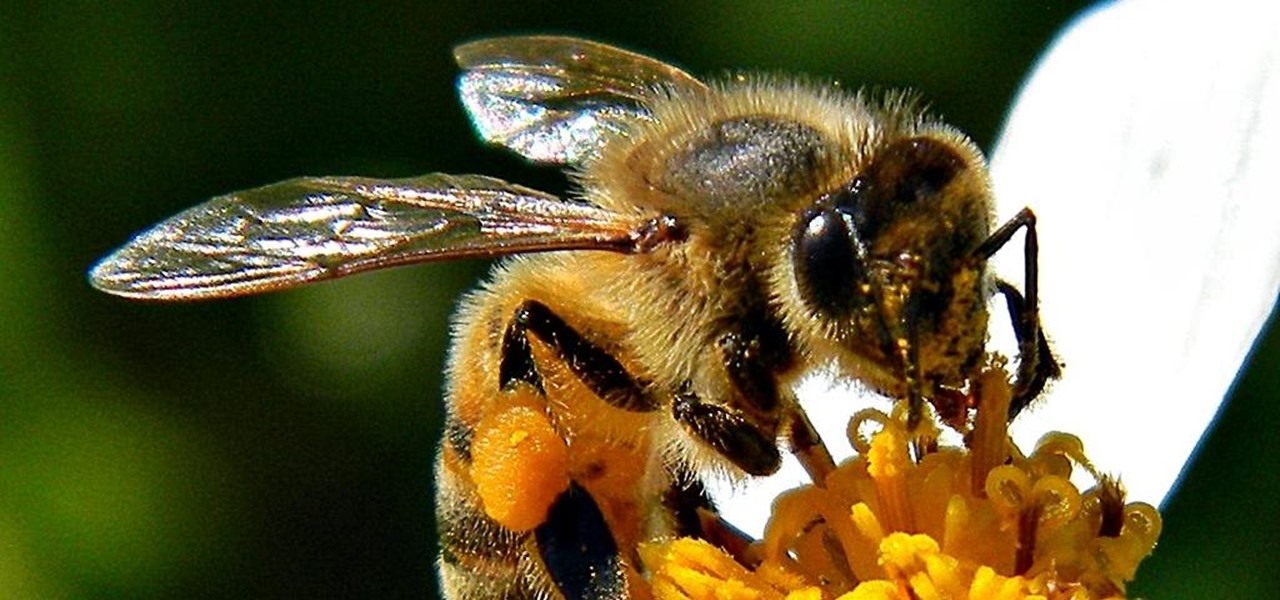
Most people are familiar with the decline of honeybee colonies around the world. Among other threats, Colony Collapse Disorder (CCD) is eroding the capability of honeybees to maintain their hives and provide their services to human farmers.
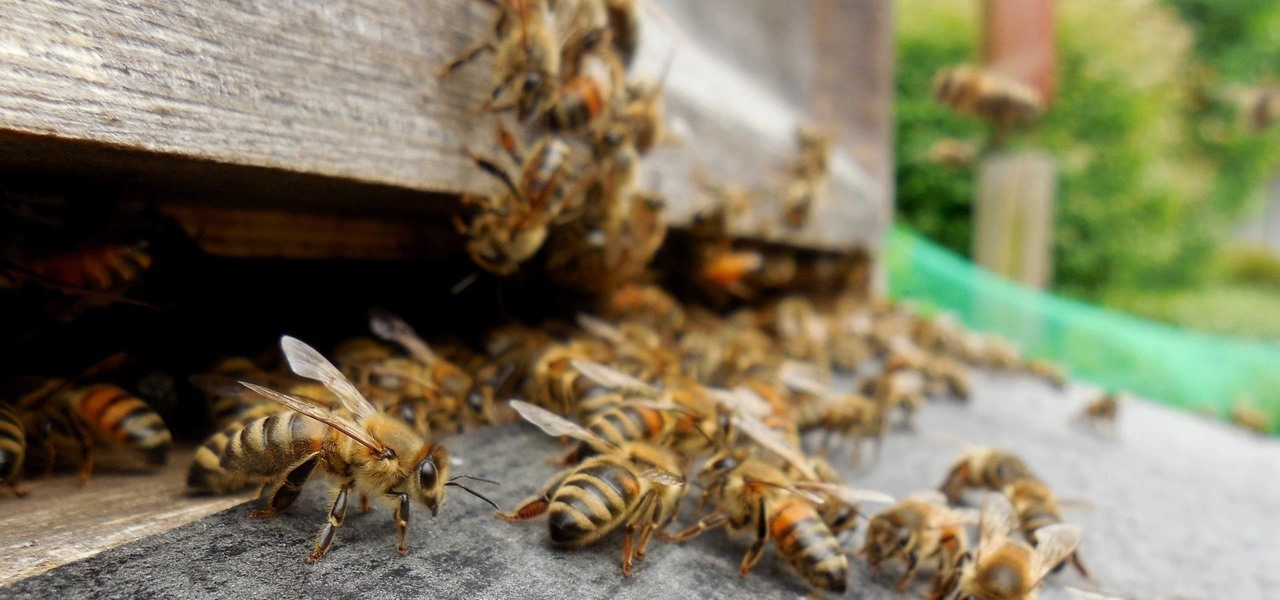
Add antibiotics to the possible list of culprits responsible for honeybee decline around the world. While it may come as a surprise, antibiotics are commonly mixed into feed used by commercial beekeepers to maintain their hives. In a recent study published in PLOS Biology, researchers from the University of Texas at Austin found antibiotics used to treat honeybees may be a contributing factor in individual bee death and colony collapse.
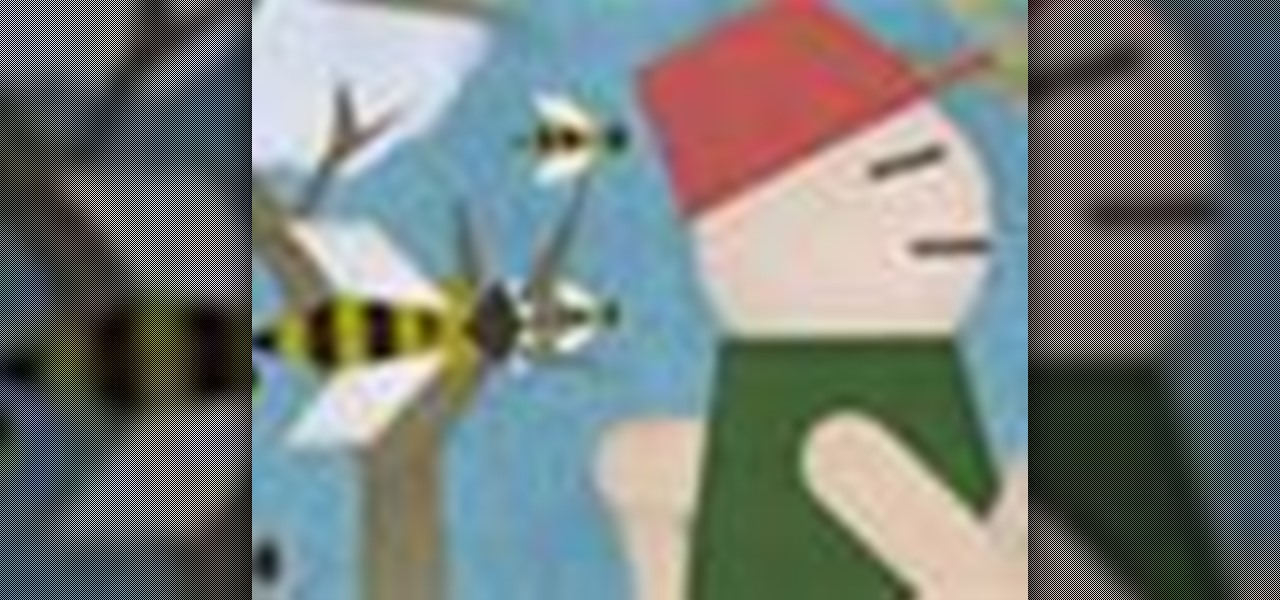
Africanized honeybees, also called killer bees, can be far more aggressive than other types. Here's how to survive when they're on the rampage.
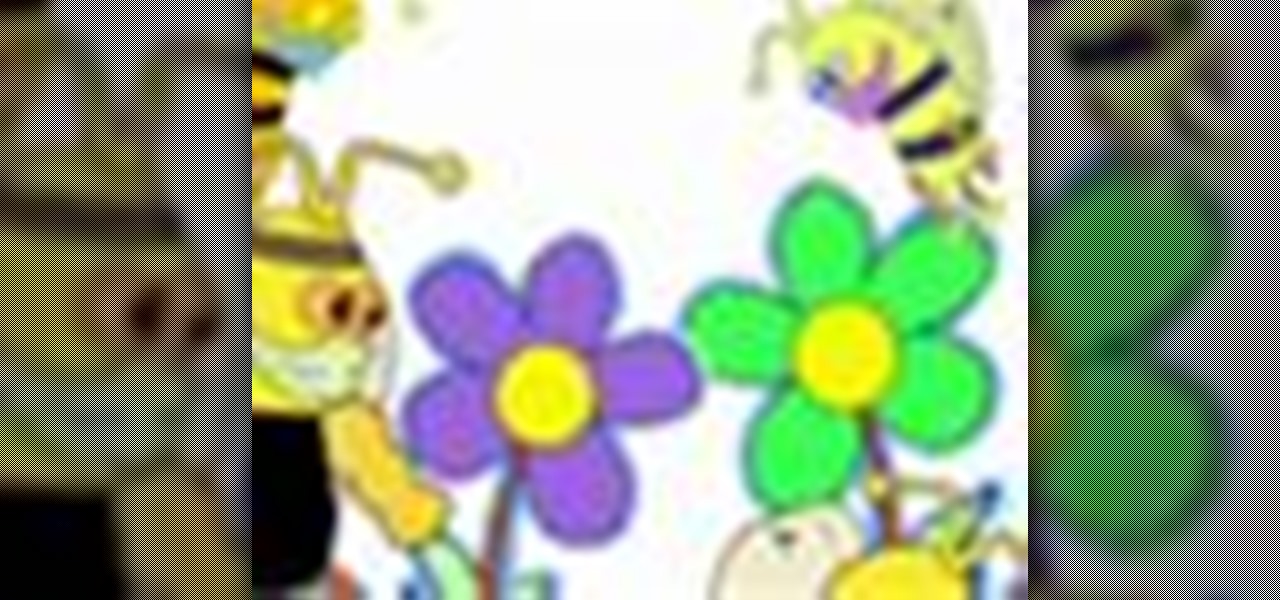
It’s nice to have pollinated flowers and honey, but we could do with out the sting. Thankfully, there are ways to lessen your chances of being barbed.

By connecting the dots between theory and real-life effect, two new studies offer more proof that neonicotinoid insecticides are causing extensive damage to honeybee colonies.

We know that spring seems ions away, but if you're a gardener then it's time to begin thinking about what flowers you'll be planting to bloom during the spring. If you don't have much garden space but would love a very fragrant bloom, check out this video to learn how to grow lavendr provence in a container.

While honey is one of the most popular ingredients on kitchen shelves the world over, honeybee pollen is still a relatively rare find in most households. It's not hard to guess why: eating pollen just sounds weird... it would probably sell a lot better if it had a more appetizing name, like honey. Furthermore, it looks unlike any other common ingredient, and the smell can be off-putting to some. But it's good, it's healthy, and it's altogether pretty awesome!

Zika is a threat to unborn babies — the virus can cause neurological damage if it infects a mother during pregnancy. But as with many things, our solutions to the problem aren't always all that much better than the problem itself.

The search for the causative agent of colony collapse—the mass die off of honey bees throughout the US and Europe—has escalated with increasing confusion lately. Everything from pesticides and stress to viruses and mites have been implicated, and some researchers think that many of these environmental factors work together to take down hives.

Beeswax is a natural wax produced by honeybees and can also be used for your home. Commonly associated with making your own DIY candles, beeswax is the perfect DIY product for making your own lip balm, non-toxic crayons, mustache wax, and more.








